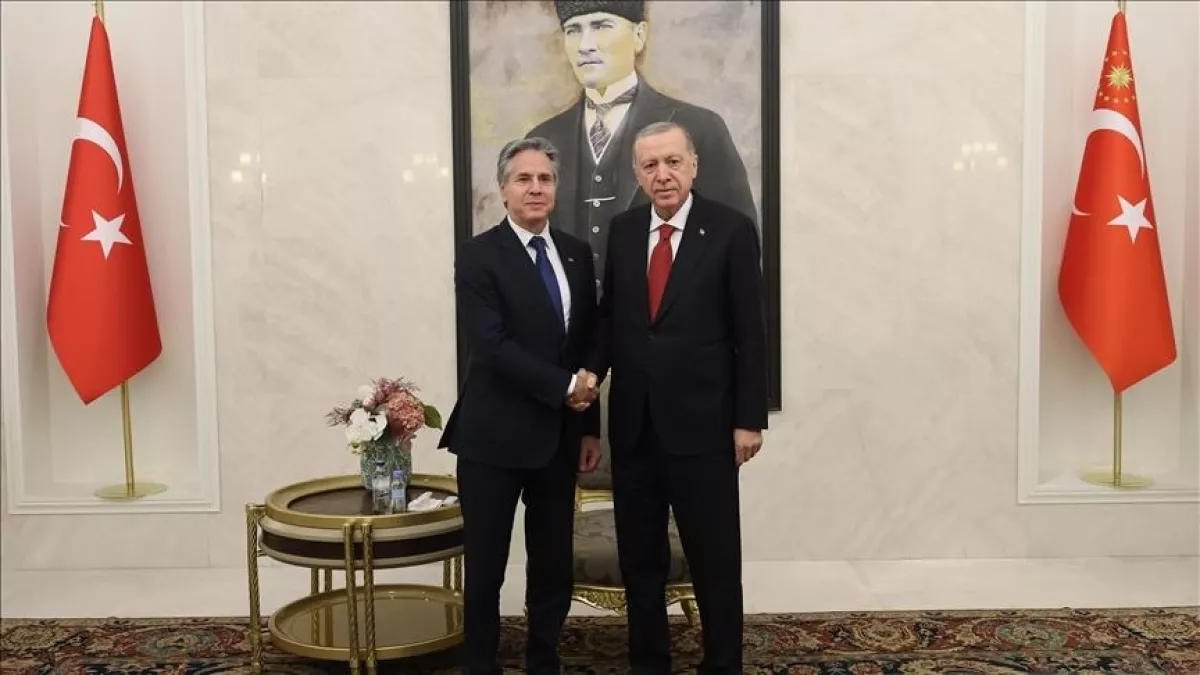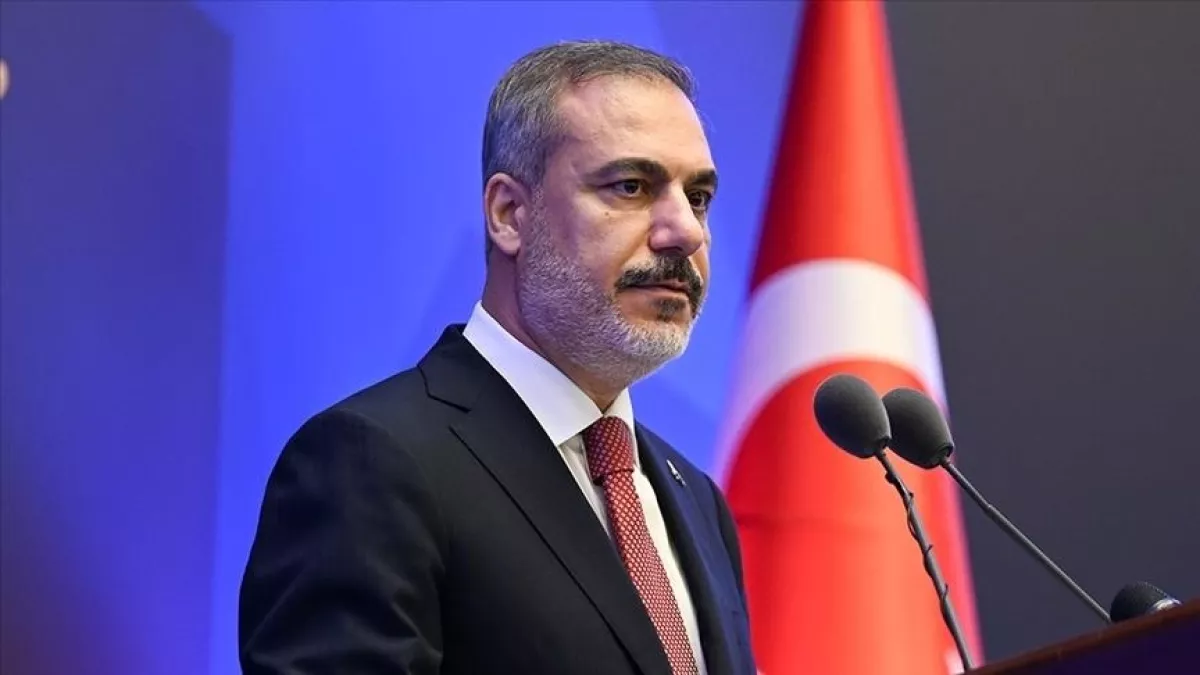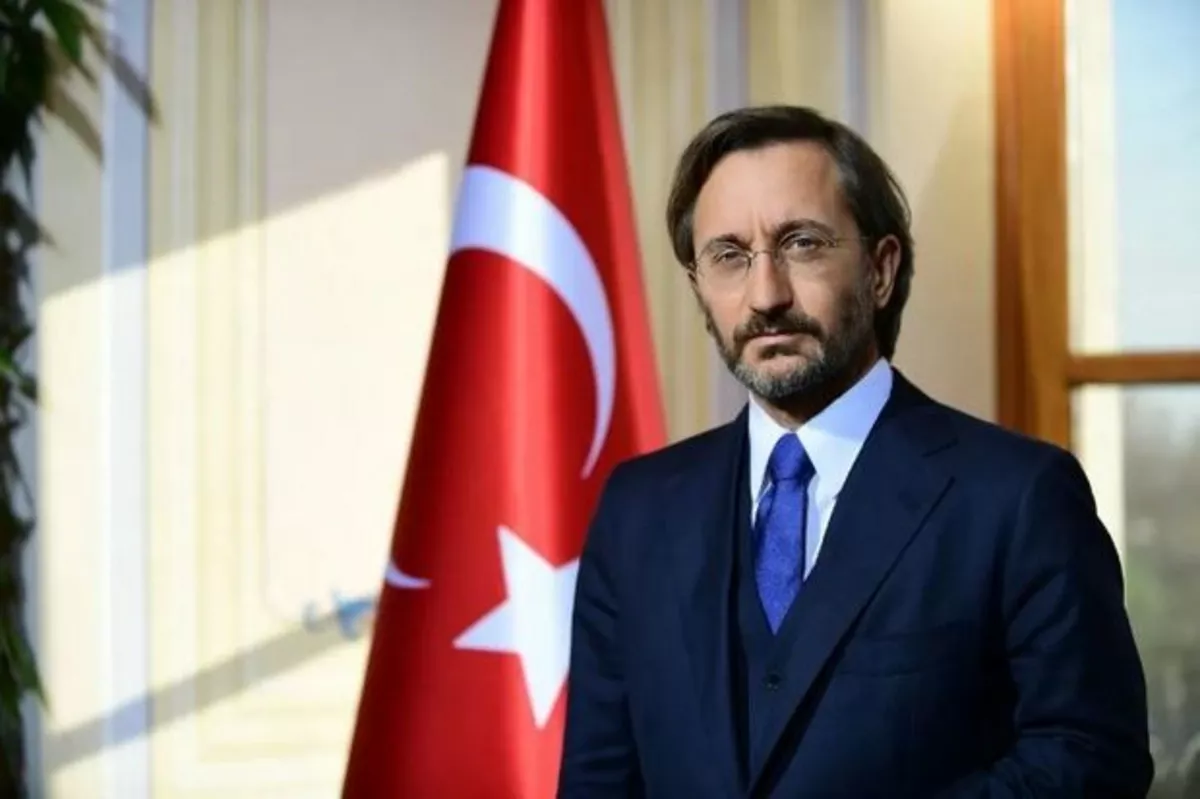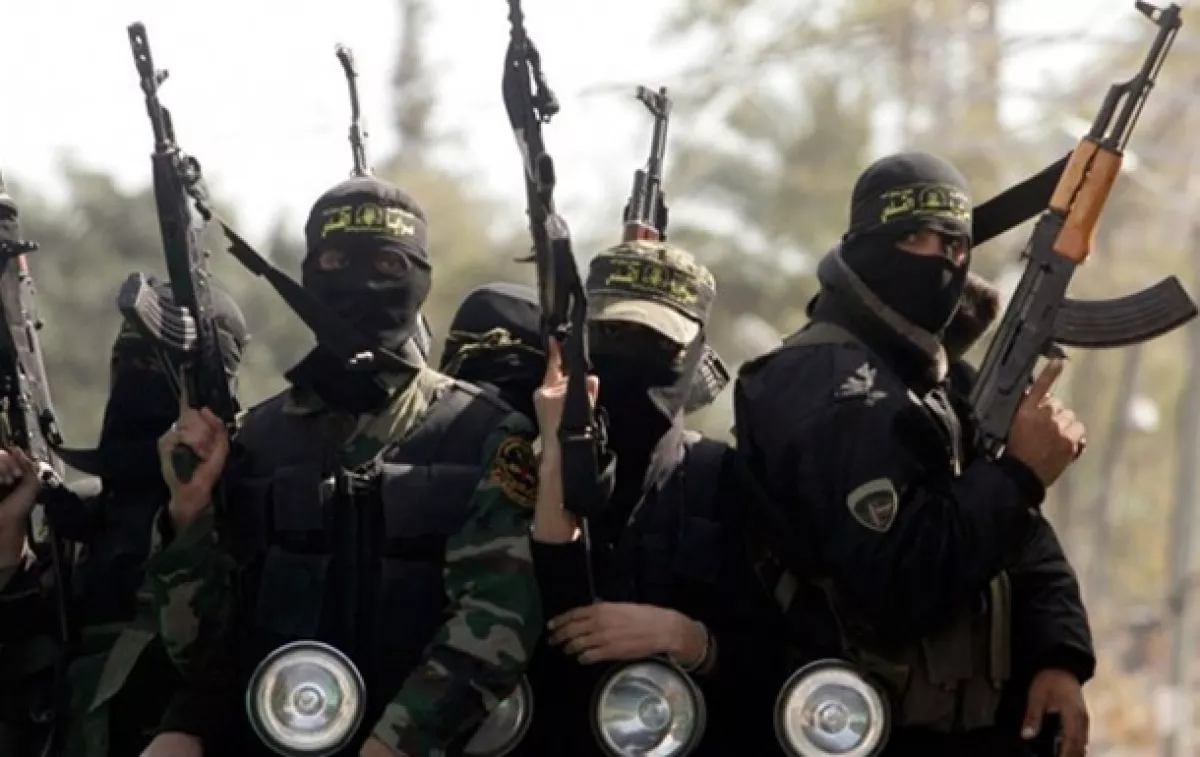Who is reviving the ISIS threat and why? Old narratives resurface
In light of recent events in Syria, a number of global media outlets have started to stir up another round of insinuations regarding Türkiye's policies in the region. Simultaneously, officials from the U.S. and some European Union countries have suddenly begun to revive the topic of the "Islamic State" (ISIS), which, according to earlier statements from the Euro-Atlantic capitals, had long since lost its "liquidity."
In this context, it seems appropriate to focus on Türkiye's position, as expressed by representatives of the Turkish political establishment in recent days, and then attempt, at least briefly, to reflect on the reasons behind the promotional campaign by certain world powers and the media they control in terms of "strengthening ISIS" within the Syrian context.
To begin with, it is worth noting that during the meeting on December 13 between U.S. Secretary of State Antony Blinken and Turkish President Recep Tayyip Erdoğan in Ankara, the prospects of forming a "responsible and inclusive" government in Syria were discussed. Similar issues were the focus of attention for diplomats from the U.S., Türkiye, the European Union, and Arab countries. In a joint statement following their meeting on December 14 in Jordan, they reaffirmed their " full support to the Syrian people at this critical point in their history to build a more hopeful, secure and peaceful future." The participants called for the creation of an "inclusive, non-sectarian and representative government formed through a transparent process."

In his speech in Amman, Türkiye's Foreign Minister Hakan Fidan, emphasizing the importance of preserving Syria's territorial integrity and respecting all the country's minorities, highlighted the need for the process to be based on unity and mutual reconciliation. Reminding that Türkiye constantly faces terrorist threats from beyond its borders, Fidan drew attention to the fact that for the past 10 years, the PKK (Kurdistan Workers' Party) has been trying to exploit the chaos in Syria, attempting to reorganize within the SDF framework.
This refers to the Kurdish formation "Syrian Democratic Forces" (SDF), established in 2015 with the support of the U.S.-led international coalition in Syria, allegedly to fight ISIS. The political aim of the SDF was outlined as the creation of Kurdish autonomy in northern Syria. The structure is based on the so-called "People's Defense Units" (YPG), which are de facto allies of the PKK. Both the PKK and YPG advocate for the creation of an "independent Kurdistan." (In November 2022, after a Kurdish separatist attack in Istanbul, the Turkish Air Force carried out a series of airstrikes on SDF positions in northern Syria and PKK positions in northern Iraq.)

Returning to the nuances of Fidan's remarks in the Jordanian capital, it is important to highlight his emphasis on Türkiye's continuing fight against PKK terrorism, removing them from wherever they may be. As he specified, Türkiye respects the rights of Syrian Kurds, seeking their separation from PKK terrorists, while Ankara directly supports the legitimate representatives of Syrian Kurds who will defend their people's rights in Damascus.
Meanwhile, the head of the Directorate of Communications at the Turkish Presidential Administration, Fahrettin Altun, emphasized that considering "Syria belongs to Syrians, Ankara has not undertaken, is not undertaking, and does not intend to undertake any initiatives of a political-geographical or ethnic nature in this regard." However, together with Syria, "with which we have long-standing fraternal relations, we will resolutely oppose imperialist attempts and terrorist organizations that threaten the security of our country, as well as peace, tranquility, and prosperity." Therefore, Türkiye, as a stabilizing force in resolving crises, will continue to remain a "strong ally and decisive player in addressing global challenges."

Against this backdrop, suddenly insinuations began to emerge from interested external forces surrounding ISIS. Initially, some anonymous "Kurdish commanders," whom certain leading global media outlets have taken to citing, suddenly started claiming that the conflict with pro-Turkish forces could open up an opportunity window for ISIS. Following that, the so-called "commander" of the Syrian Democratic Forces (SDF), Mazlum Abdi, lamented the forced cessation of the organization's mission against ISIS due to attacks from Türkiye and its loyal groups."
Yes, this aspect was addressed, as is often said, from the ground level. However, the swift reaction from official Washington clearly indicates the unfolding of another anti-Turkish scenario. Specifically, U.S. President Joe Biden remarked that "We’re clear-eyed about the fact that ISIS will try to take advantage of any vacuum to reestablish its capabilities to create a safe haven. We will not let that happen.” Subsequently, the Pentagon press office stated that Washington will cooperate on Syria not only with Türkiye but also with other interested parties in the region.
Naturally, as if on command, leading information resources in the global space began to speak in unison. On December 15, one such outlet presented this narrative surrounding the issue: "Over the course of Syria’s civil war, Kurdish fighters have fended off an array of armed factions, partnered with the U.S. to rout the Islamic State group and carved out a largely autonomous region in the country’s oil-rich east.
But the gains of the non-Arab Kurds are now at risk. The ascendance of the Sunni Arab rebels who overthrew Assad — with vital help from Turkey, a long-time foe of the Kurds — will make it hard for the Kurds to find a place in the new Syria and could prolong the conflict."

And there you have it. There are no terrorists in Syria. Only "peaceful Kurdish units," under the command of the White House, "incredible efforts resisting Turkish pressure." Nothing more, nothing less. As for the former ISIS, it is no longer "former" at all, but remains as "terrifying" as ever. Allegedly, the "conflict could drag on" because of it. Is this not a circus? In 12 days, the regime of Bashar al-Assad fell. But ISIS (or IS) continues to be as unsinkable as it was, much like bin Laden, whose figure emerged whenever Washington needed to resolve its operational issues in the Middle East.
In reality, everything is quite simple. Interested external forces continue to throw obstacles in Türkiye's regional policies, loudly attempting to revive the old narrative of the "elusive Joe" in the form of ISIS. Naturally, Ankara is well aware of all these moves by the anti-Turkish forces and continues to pursue its line. Turkish Defense Minister Yaşar Güler has already voiced Ankara's readiness to offer military training (and provide military assistance) to the new Syria, should such a request come from the Syrian side. "Ankara has military cooperation and training agreements with many countries," he stated. In a conversation with NATO Secretary General Mark Rutte, President Erdoğan emphasized that Türkiye "will continue to do everything possible to build a united Syria, free from terrorism." Türkiye's position in the region remains unchanged!








